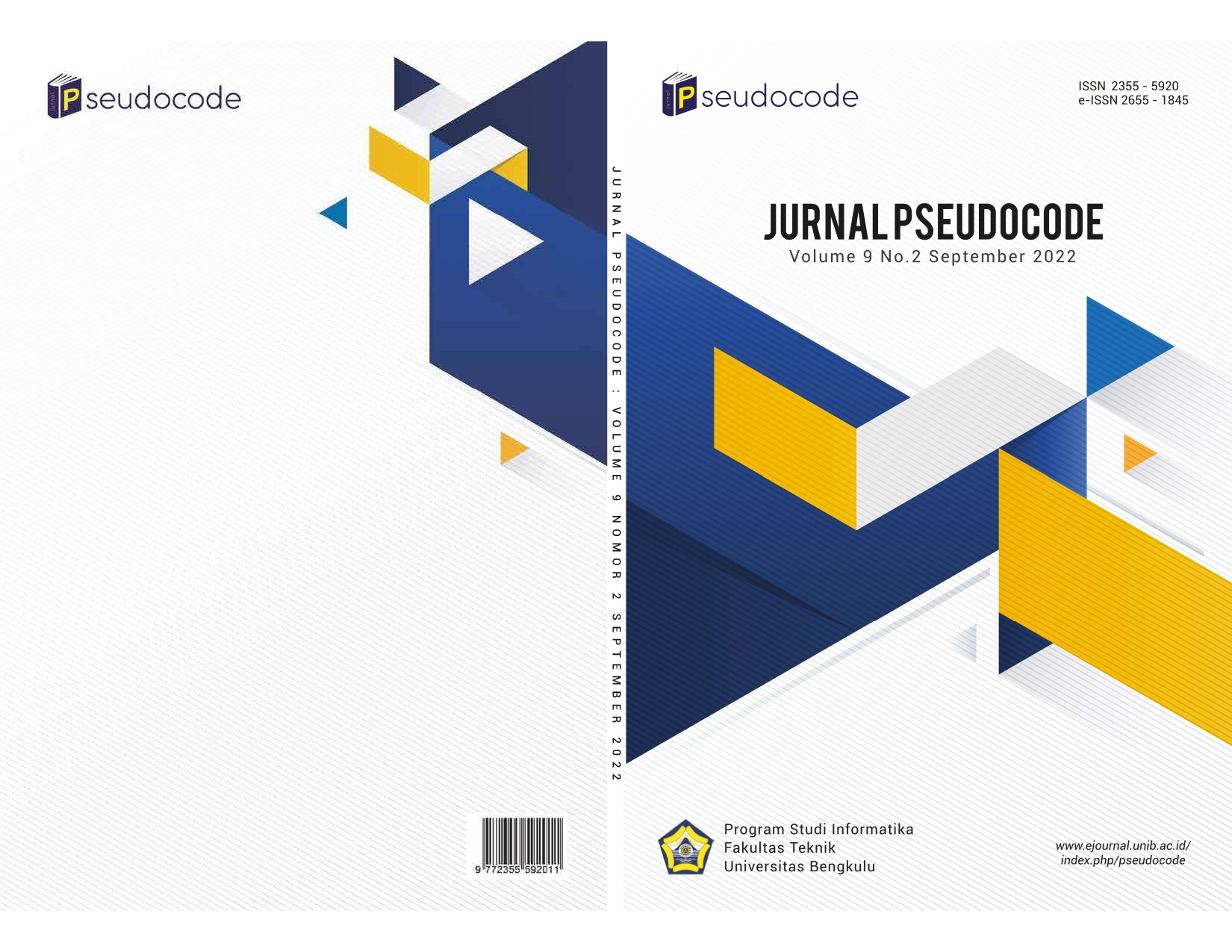Main Article Content
Abstract
The Government of the Republic of Indonesia in an effort to handle the handling of the spread of Covid-19 in Indonesia has a plan to implement a covid-19 vaccination for the Indonesian people in late 2020. However, many people are still confused about its safety, side effects and how to get it. The collection of response data and Indonesian public opinion on the COVID-19 vaccine policy was carried out using web scraping techniques on Twitter social media in the form of tweets. The activity of classifying tweets or sentiment analysis in this study was carried out using the lexicon-based method or positive-negative dictionary-based. Referring to the research conducted previously, the activity of grouping public opinion on social media twitter was carried out using the Latent Dirichlet Allocation (LDA) model. Positive sentiment is greater than negative sentiment regarding the Covid-19 vaccine policy. The topics that stick out and are popular in the conversations of social twitter users are the topic of education on the function of vaccines, hopes, and public trust in vaccination. Another popular topic is netizen notifications regarding activities he has participated in.
Article Details
Copyright (c) 2022 Akhmad Rizal Dzikrillah, Dyvia Oliviani Dyvia Oliviani

This work is licensed under a Creative Commons Attribution-ShareAlike 4.0 International License.
- Seluruh materi yang terdapat dalam situs ini dilindungi oleh undang-undang. Dipersilahkan mengutip sebagian atau seluruh isi situs web ini sesuai dengan ketentuan yang berlaku.
- Apabila anda menemukan satu atau beberapa artikel yang terdapat dalam Jurnal Pseudocode yang melanggar atau berpotensi melanggar hak cipta yang anda miliki, silahkan laporkan kepada kami, melalui email pada Priciple Contact.
- Aspek legal formal terhadap akses setiap informasi dan artikel yang tercantum dalam situs jurnal ini mengacu pada ketentuan lisensi Creative Commons Atribusi-ShareAlike (CC-BY-SA).
- Semua Informasi yang terdapat di Jurnal Pseudocode bersifat akademik. Jurnal Pseudocode tidak bertanggung jawab terhadap kerugian yang terjadi karana penyalah gunaan informasi dari situs ini.
